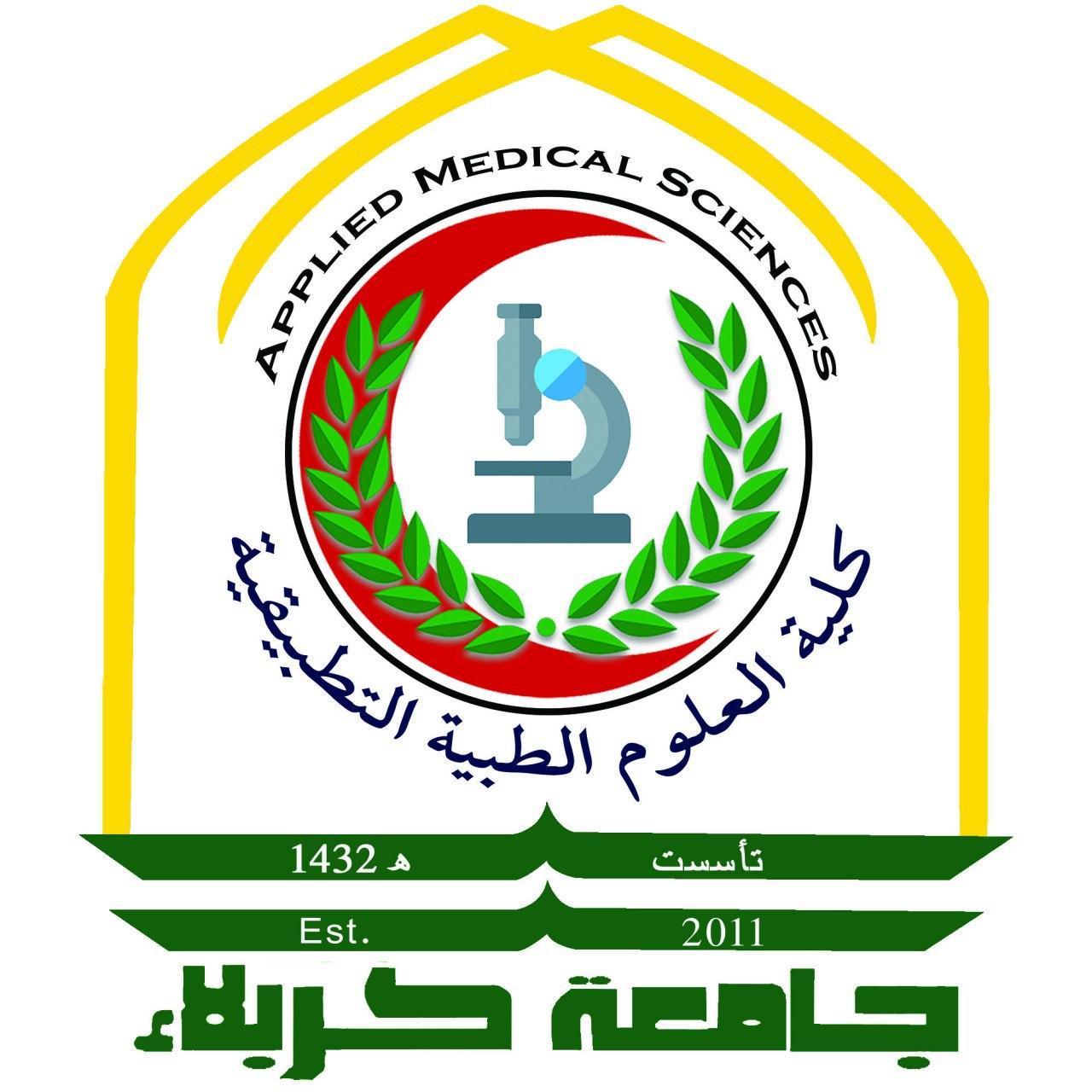Interleukin-8 251- A/T polymorphism related to peptic ulcer disease in
H. pylori infected patient
Introduction
Helicobacter pylori, is a bacterium that infects the stomach of
humans, and strongly associated with gastroduodenal diseases
such as chronic atrophic gastritis, peptic ulcer,1,2 and gastric
cancer.3,4 Although this bacterium has been classified as a carcinogen
in human, keys of pathophysiological events in H. pylori
infections is the induction of the inflammatory response in the
gastric mucosa, which is mediated and also regulated by inflammatory
cytokines produced by gastric epithelial cells.5,6 Interleukin-
8 (IL-8) was a small peptide (chemokine) secreted by a
variety of cell types, which serves as a potent inflammatory
mediator recruiting and activating neutrophils. Interleukin-8
(IL-8), was a potent chemo attractant for neutrophils and lymphocytes,
has been reported as a strong stimulator of angiogenesis
in gastric adenocarcinoma.7,8 Several studies have
demonstrated that H. pylori strains are capable of inducing
IL-8 secretion from gastric carcinoma cells in vitro.9,10 Others
researcher noticed that IL-8 is typically secreted by gastrointestinal
epithelial cells in response to pathogenic bacteria.11 Genetic
polymorphisms that affect innate immune response genes have
also been linked to an increased risk of gastric cancer, and the
levels of IL-8 are directly related to the severity of gastritis.12
The genetic polymorphism of IL-8-251 A allele notice to be
associated with higher IL-8 production, more severe inflammation,
mucosal atrophy, and also intestinal metaplasia when compared
with the IL-8-251 TT genotype of H. pylori-infected
patients. The recent studies suggested a possible association of
the IL-8-251 A allele with angiogenesis and inflammation in
gastric carcinogenesis in H. pylori-infected Koreans 13,14































































